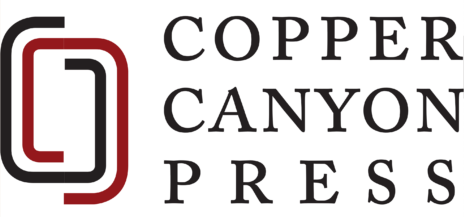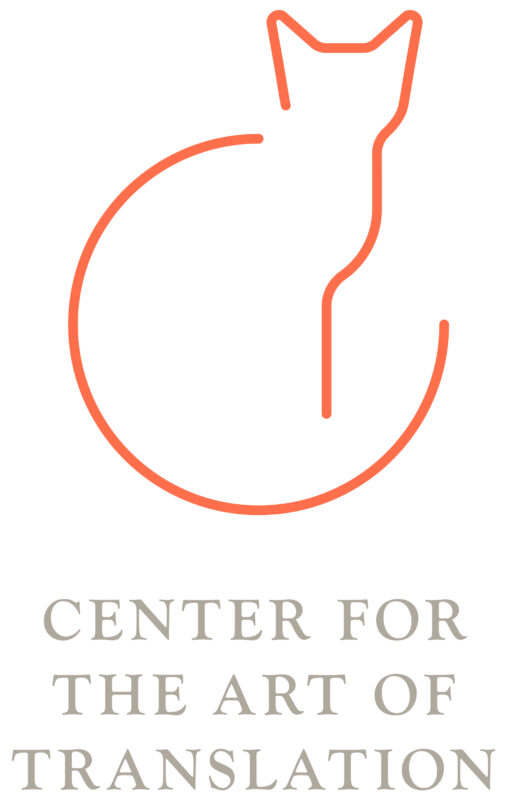Led by Carmen Giménez and Forrest Gander
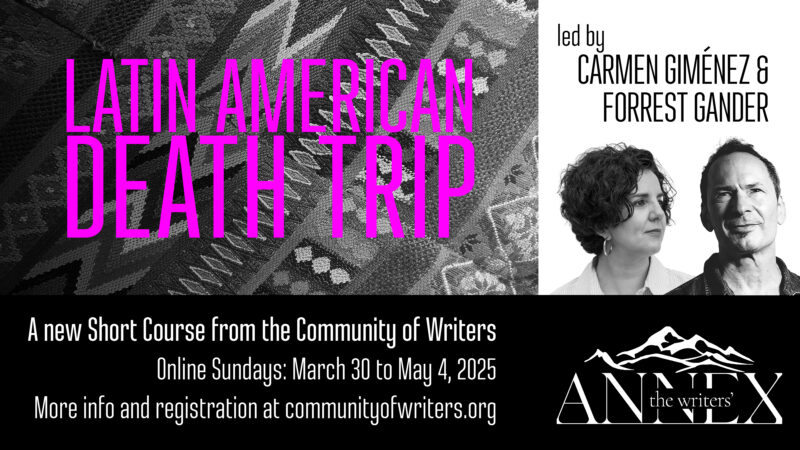
Join us this spring for the latest short course from the Writers’ Annex. A trip through some of the dark and beautiful manifestations of Death in Latin American Poetry.
The Americas are haunted by the recursive rise and falls of empire, the eternal return of colonial violence. The human body is a site of erasure and abjection and the voice that sings out from it is haunted too. The poets we’ll be discussing derive power and magic from death, and we’ll talk about how and why.
Death is the subject of many of the greatest (most moving, innovative, funny, haunting, political, oneiric) Latin American poems of the 20th century, from José Gorostiza’s Death without End to Gabriela Mistral’s “Death Sonnets,” from Xavier Villaurrutia’s Nostalgia for Death to María Rivera’s “The Dead.
What can we learn from that body of poetry that might be generative for our own thinking, feeling, writing? Many philosophers tell us that there is a signal connection between death and “the meaning of life.” What particularities of culture, gender, sexuality, age, faith or experience might account for the visionary clarity of death as constant companion or permeable border, etc. in Latin American poetry? Why are death poems so common in those cultures? Is it connected to traumatic resonances from the conquest? Does it go back to Maya, Aztec, or Incan cultural traditions? With what kinds of syntax, sound, image, structure, and vocabulary is death treated? How different are the cultural contexts from country to country? And why did we once think that only men seem to write them?
Registration is now closed for this course.
Dates & Times: Online Sundays from March 30 to May 4, 2025. Main sessions run from 4 pm-6 pm (Pacific) with optional discussion groups to follow.
- Sunday, March 30, 2025
- Sunday, April 6, 2025
- Sunday, April 13, 2025
- Sunday, April 20, 2025
- Sunday, April 27, 2025
- Sunday, May 4, 2025
Note: For those who are interested, intimate Zoom discussion groups (Virtual Houses) will meet after each session and on subsequent Saturdays at 10 AM.
Course Texts
Participants who don’t own the text are asked to purchase at least the required text, if possible, before March 30. Additional optional texts are included below.
Required Texts:
- Pinholes in the Night: Essential Poems from Latin America edited by Forrest Gander and Raul Zurita
- Hormone of Darkness by Tilsa Otta translated by Farid Matuk
Optional Texts:
- Extracting the Stone of Madness by Alejandra Pizarnik translated by Yvette Siegert
- The Night by Jaime Saenz translated by Forrest Gander and Kent Johnson
Handouts for each session will be posted online. Additional reading materials, including essays and poems will be added.
Bios
Carmen Giménez is the author of numerous poetry collections, including Milk and Filth, a finalist for the NBCC Award in Poetry and Be Recorder (Graywolf Press, 2019), which was a finalist for the 2019 National Book Award in Poetry, the PEN Open Book Award, the Audre Lorde Award for Lesbian Poetry, and the Los Angeles Times Book Prize. She was awarded the Academy of American Poets Fellowship Prize in 2020. A 2019 Guggenheim fellow, she served as the publisher of Noemi Press for twenty years. She now serves as publisher and director for Graywolf Press.

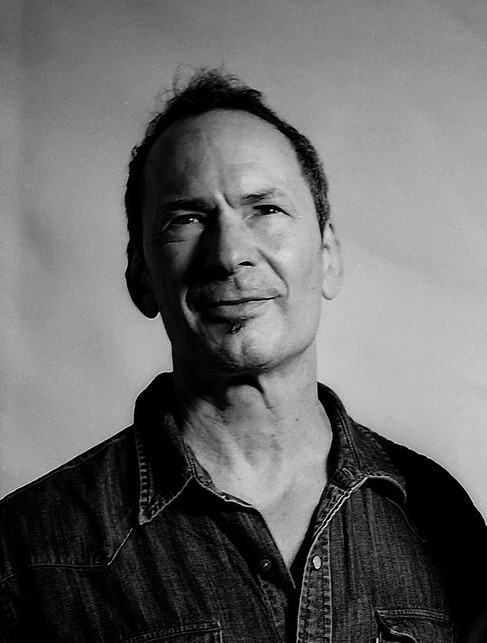
Forrest Gander, a Pulitzer Prize-winning writer and translator with degrees in geology and literature, lives in California. His most recent book is Mojave Ghost: a Novel Poem. Among his translations are: It Must Be a Misunderstanding by Coral Bracho; Then Come Back: the Lost Neruda Poems; Spectacle & Pigsty by Kiwao Nomura, winner of the Best Translated Book Award; and the forthcoming Even Time Bleeds: Poems by Jeannette Lozano Clariond.

Lisa Alvarez’s debut collection of short fiction, Some Final Beauty and other Stories is forthcoming from the University of Nevada Press, as part of their New Oeste series. Her poetry and prose have appeared in journals including Air/Light, Anacapa Review, Huizache, So It Goes, and in anthologies including most recently, Rumors, Secrets and Lies: Poems about Pregnancy, Abortion and Choice (Anhinga Press) and Dear California: The Golden State in Diaries and Letters (Stanford University Press) edited by David Kipen. She has edited three anthologies including Why to These Rocks: 50 years of Poetry from the Community of Writers (Heyday). She teaches at Irvine Valley College where she co-directs the Puente Program. She co-directs the Writers Workshops at the Community of Writers and serves as Assistant to the Poetry Director.
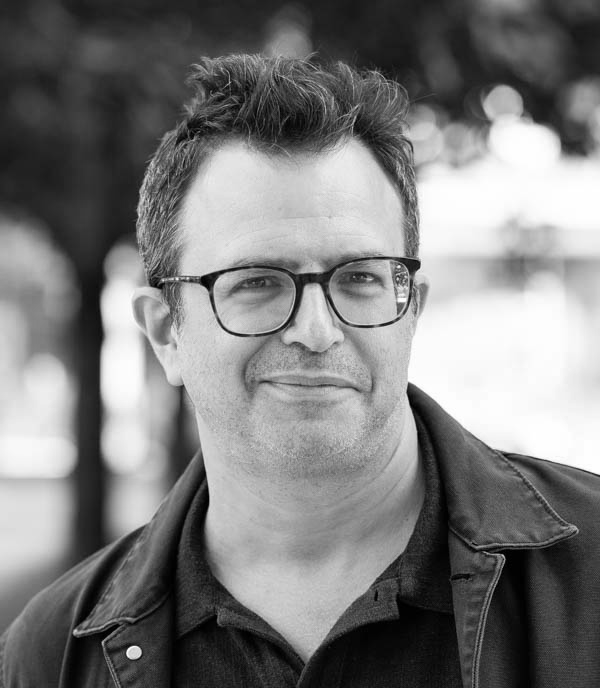
Daniel Borzutzky is a poet and Spanish-language translator from Chicago. His most recent books are The Murmuring Grief of the Americas (2024), and Written After a Massacre in the Year 2018 (2021). His 2016 collection, The Performance of Becoming Human,received the National Book Award. Lake Michigan (2018) was a finalist for the Griffin International Poetry Prize. His most recent translations are Cecilia Vicuña’s The Deer Book (2024); and Paula Ilabaca Nuñez’s The Loose Pearl (2022), winner of the PEN Award for Poetry in Translation. His translation of Galo Ghigliotto’s Valdivia received the American Literary Translator’s Association’s 2017 National Translation Award, and he has also translated collections by Raúl Zurita, and Jaime Luis Huenún. He teaches in English and Latin American and Latino Studies at the University of Illinois Chicago.
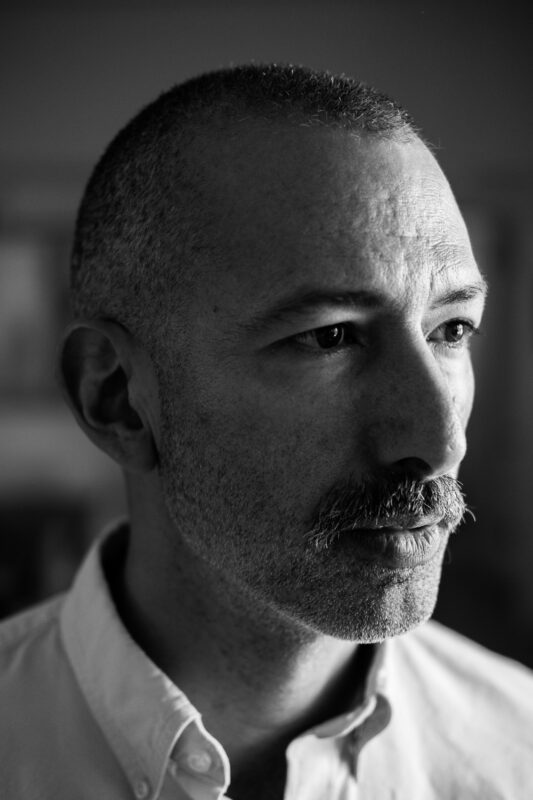
Farid Matuk is the author of Moon Mirrored Indivisible (UChicago, 2025); The Real Horse (UA Press, 2018); This Is a Nice Neighborhood (Letter Machine Editions, 2010); and Redolent (Singing Saw, 2021), a collaboration with artist Nancy Friedemann-Sánchez that received the Rabinowitz Prize from the Poetry Society of America. Matuk is also the translator from the Spanish of The Hormone of Darkness: A Playlist (Graywolf, 2024) by Tilsa Otta and the co-translator of Juan Felipe Herrera’s Akrílica (Noemi, 2022). Matuk’s work has been supported by a Holloway Lectureship in the Practice of Poetry at UC Berkeley and a 2024 USA Fellowship. Photo by Robert Bear Guerra.

Anna Deeny Morales works in poetry and music as a librettist, translator, and literary critic. Recent commissions in opera includeLas Místicas de México, performed by the IN Series and the Children’s Chorus of Washington in 2024. ZAVALA-ZAVALA: an opera in v cuts, with music by Brian Arreola, premiered at the Kennedy Center in 2021, and at Gala Hispanic Theater in 2024. Her works have been supported by the Ford Foundation, the National Endowment for the Arts, and the DC Commission on the Arts and Humanities. A National Endowment for the Arts Fellow for her translation of Tala by Nobel Laureate Gabriela Mistral, she has translated the poetry of Raúl Zurita, Alejandra Pizarnik, Mercedes Roffé, and Amanda Berenguer, among others. She trained as a classical pianist; studied music, literature, and theater; and received a PhD from UC, Berkeley, in Hispanic Languages and Literatures. Deeny Morales is a Center for Latin American Studies Fellow in the Humanities at Georgetown University, and her book, Other Solitudes: Essays on Consciousness and Poetry, is forthcoming. Photo by Tamzin B. Smith.
Our Sponsors
What to Expect:
- Six, two-hour weekly sessions online with assigned reading. The group can be large, depending on the course.
- In the first 60 or 70 minutes, Gander and Giménez will explore and supply background on the previously assigned readings.
- In the second part, Gander and Giménez will address questions and widen the discussion. Participant questions and comments will be submitted in the chat.
- Optional small (8-10 person) discussion groups will be available to those with the energy and interest after the formal session is over. Discussion guides will be provided.
- These sessions will be recorded, and will be available for later viewing by registered participants for 30 days following the final session
Tuition:
- Tuition is $360.
- Limited financial aid available. Please contact us if needed.
Register Now
The Writers Annex

Online, and year-round, The Writers’ Annex is composed of short courses, seminars, workshops, and more. Our vision is to bring the creative insight and experience of our staff poets and prose writers to our community in all seasons, not just in the summertime, and not just here in our Valley. Our online offerings will address such topics as eco-poetics, translation, and generative sessions. Some will be one or two days, some will be weekend intensives, and some will meet weekly for a month or two. In addition, we hope these offerings will help offset the tremendous expenses we face as an organization for our traditional in-person events in Olympic Valley.

